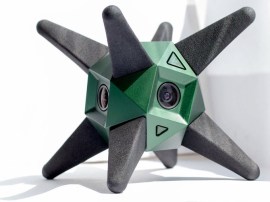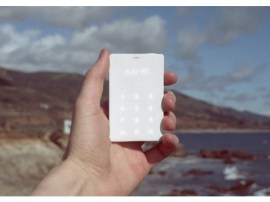Game-creation, hacking your ears and alarm smells: 7 Kickstarter must-haves for June
From a digital handpan to the world’s prettiest dumbphone, here are this month’s crowdfunding cuppas awaiting a dunk of your cash cookie
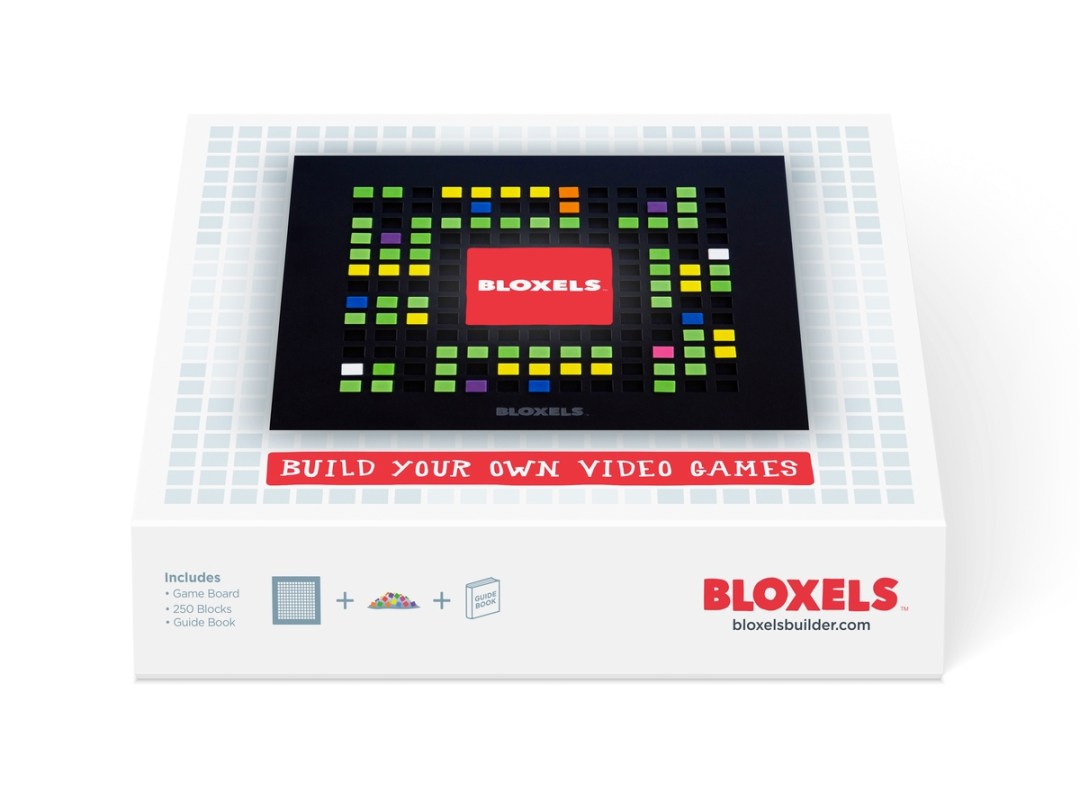
It’s that time of the month where we scour crowdfunding sites, in order to unearth amazing and strange gadgets to inspire, baffle and, ultimately, relieve you of money.
Quite fortunately, Esat already wrote about the Lovely wearable sex toy, and so this list has ended up being entirely sex-free — unless you have some kind of fetish for digital handpans and smelly alarm clocks.
Onwards!
1. Bloxels ($50)
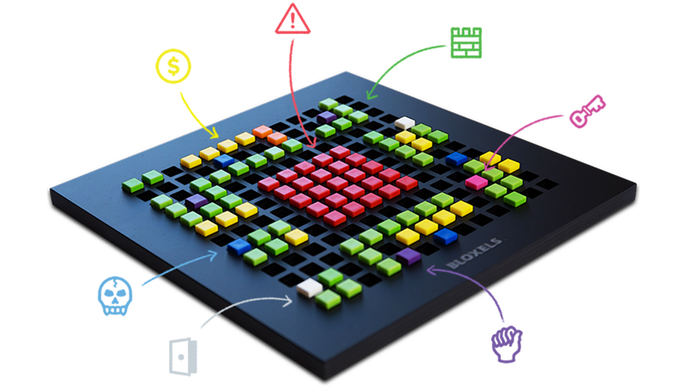
Pitched as a means to build your own videogames, Bloxels attempts to take this idea literally. You get a 20-by-20 grid into which coloured cubes are slotted. Take a screen grab with your device and your layout is interpreted by the app and converted into a game level. These creations can then be played or shared.
This is all reminiscent of Pixel Press’s previous effort in this space, Floors; but swapping out paper grids and fiddly pencil marks for coloured plastic cubes should minimise conversion errors, and the game prototypes look a lot better this time round. And, yes, it looks like the team’s working on some kind of Bloxels app for creating 3D models, LEGO-style. Nice.
2. Oval (from €399)
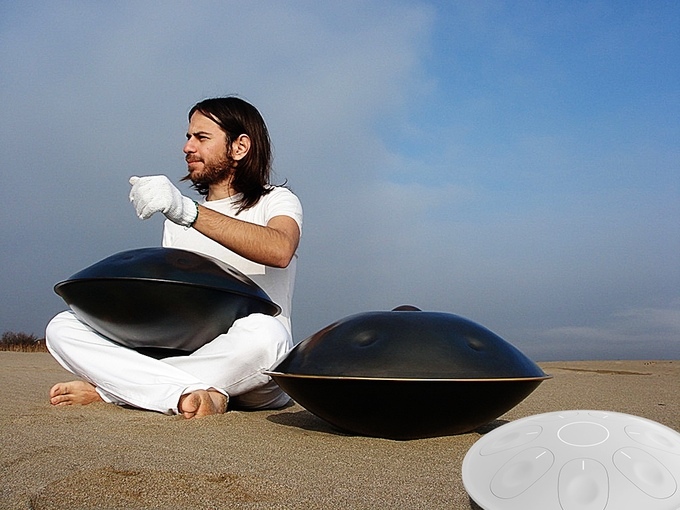
Oval looks a bit like Jony Ive was tasked with building a flying saucer that had to double up as a musical instrument. This digital handpan, though, is likely to excite fans of percussive instruments, given that it enables a tactile and organic means to play music, backed with the scope of digital.
The case is hardy, and the seven pads are velocity- and location-sensitive. The device is MIDI-compliant and so can work with apps and DAWS to trigger anything from percussive sounds to complex loops. And given that each pad has an illuminated section, Oval can be transformed into a giant-sized Simon — although a giant-sized Simon that costs four hundred bucks.
3. Here Active Listening (from $199)
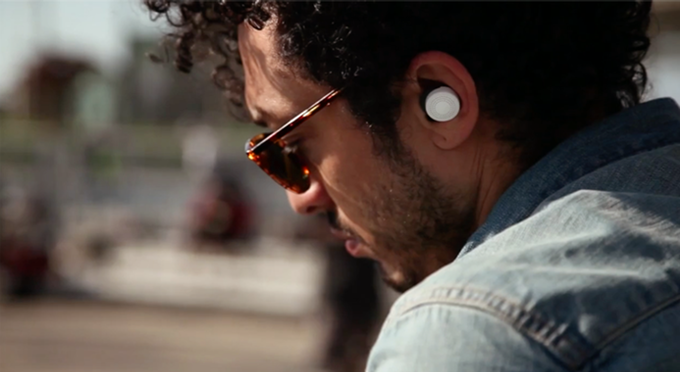
How we rolled our eyes on seeing a photo of Here. Yet another set of wireless earbuds? Yawn. Only that’s not what this is — instead, Here wants to hack everything you listen to. It’s not about what goes into your ears from a smartphone, but what goes into your ears first, which is then manipulated by your smartphone and returned to your ears in altered form.
If you just made a face and yelled “BWUH?”, here are some real-world examples: imagine being on a plane and shutting out engine noises by twiddling around with the Here app, or watching a band and adding reverb or boosting bass. We’ll admit to being a bit sceptical about the ‘Reduce Baby’ setting, though; also, $199 only gets you Here for a single ear, which seems a bit pointless — you’ll need $359 to potentially make both ears delighted.
4. EVOL (from $45)
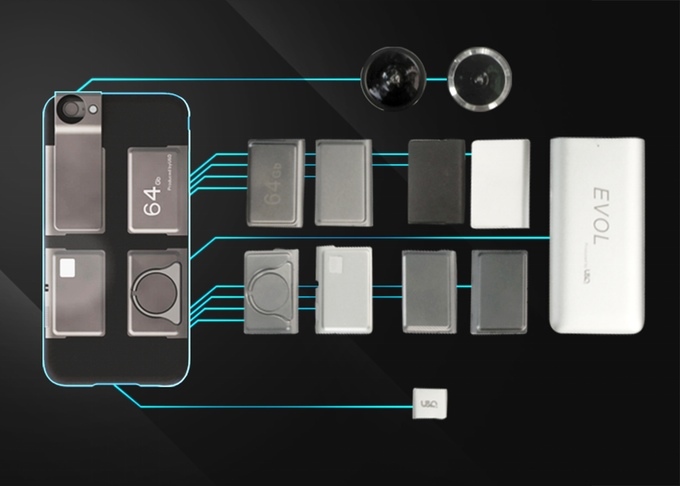
We’ll admit that we’re in part including EVOL because of its perverse nature. It seems like the most anti-Apple Apple-compatible product imaginable, taking the minimalism of the iPhone and bolting modules on to the back of it, like some strange hybrid of Jony Ive’s dreams and also his nightmares. The end result only adds 3mm of extra thickness, though; and depending on how much you’re willing to spend, you’ll get a battery pack, flash, camera lenses, external storage, second SIM slot, and a thumb holder, so that your Frankenstein’s monster device will be more likely to stay in your hands rather than gracefully tumble towards concrete.
Read more › Drop everything and download: Skeegle
5. The Light Phone ($100)
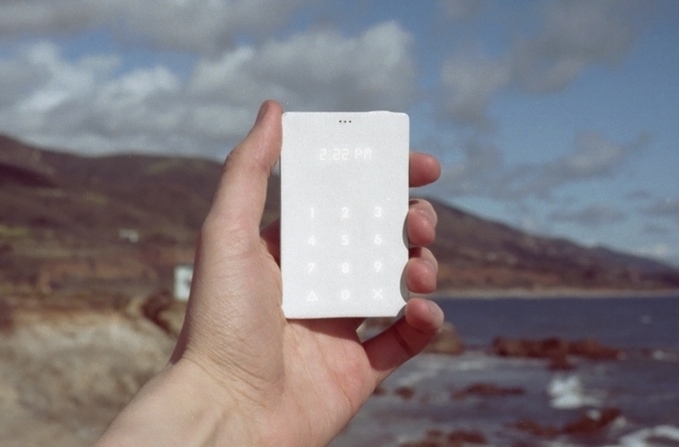
The puntastic slogan at the heart of Light Phone is that it’s your ‘phone away from phone’. It’s almost the opposite of EVOL — rather than bolting bits on to a smartphone, in order to use it more, Light is about using your smartphone less. The idea is to leave your smartphone and its inherent distractions behind, safe in the knowledge you can make calls (ten speed-dials are available) and also have incoming ones forwarded to you.
Naturally, you could save a hundred bucks by doing something similar with a cheapo dumbphone or, for that matter, getting some self-discipline, but Light is thin, elegant and simple, boasts 20 days of battery life, and comes with 500 free minutes in the US. (International buyers have to get their own SIMs.)
6. COOPY (from $29)
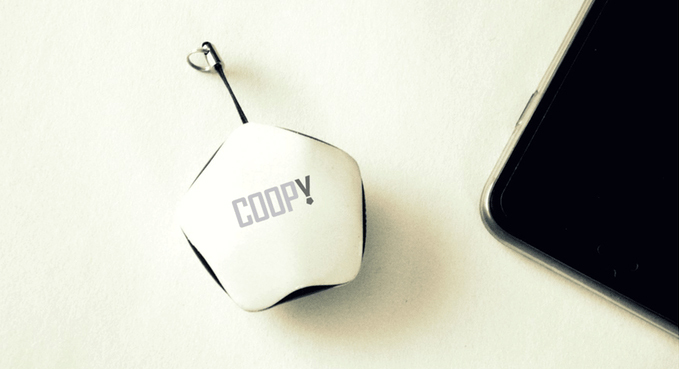
COOPY might have a daft name, but this tiny plastic pentagon is a very capable shortcut trigger. Each button has a unique position and feel, making it simple to fire off pre-defined commands from your smartphone, for example, sending a text with your location while otherwise occupied, or an emergency message when in distress.
However, COOPY is also location-aware. This means you could use it to control a garage door on arriving home, or strap it to a child (preferably one of your own) and have your smartphone blare if they stray outside of a predefined zone.
Related › 9 product design nightmares
7. Voltus (from $119)
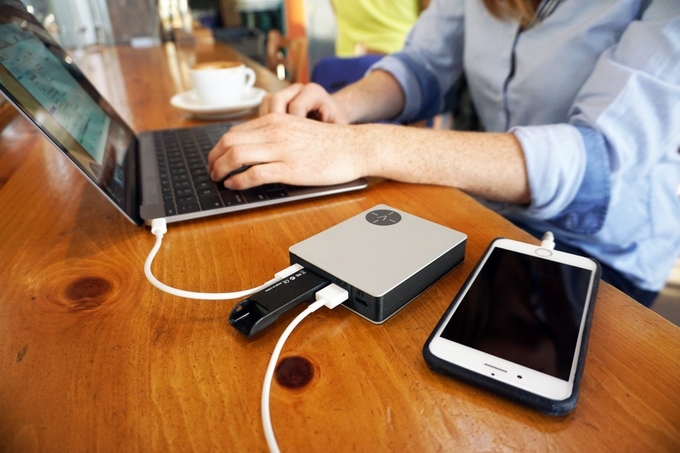
We’re still bristling a bit from the restrictions imposed by Apple’s new MacBook, but plenty of inventors are figuring out ways to turn the sole USB-C port into a virtue. Voltus is essentially a combination battery and hub. At home, it sits between your power chord and Mac, recharging while simultaneously enabling you to connect USB 3.0 devices. Sling it in a bag and it retains its hub smarts while acting as a secondary power source, not only for your MacBook, but also for other devices demanding a little juice. A ‘pro’ version bumps up the default 35 Wh to 55 Wh, and the bling-obsessed can spend an extra 50 bucks to grab a ‘pro gold’ edition.
SMELLY BONUS: SensorWake (from €80)
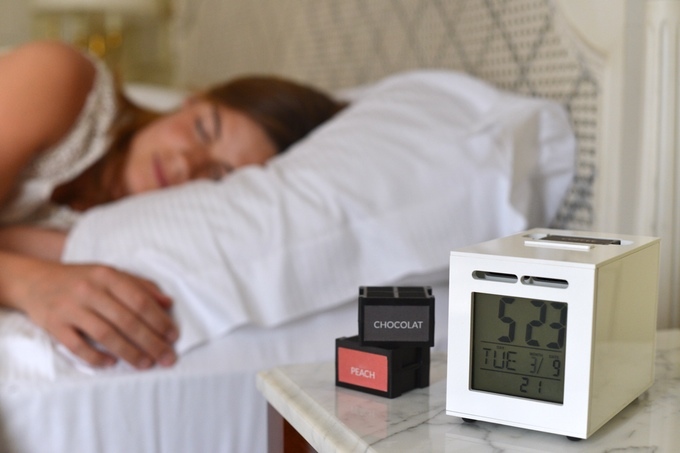
We always imagined a next-generation alarm clock would be some kind of robot butler that would let you have a lie-in and finish all your work on your behalf, before finally waking you just in time for lunch. But no — it turns out it’s all about smells. SensorWake, then, is an olfactory alarm clock, which wakes you with a whiff of a familiar scent, such as coffee, tea or ‘American breakfast’. If after two minutes you aren’t roused, it’ll grumpily revert to being a standard alarm clock.
“Happiness lies in simple things […] like a smell you really like,” says the 18-year-old inventor, arguing scents can evoke good memories. That said, we imagine some might get a bit narked on discovering on awaking from slumber that the freshly-brewed coffee their nostrils have detected is in fact not coffee at all, but an alarm. Maybe SensorAwake should come with a bolt-on coffee-making accessory. And a robot butler that’ll do all your work for you. (Although that might bump the price up a touch over €80.)

